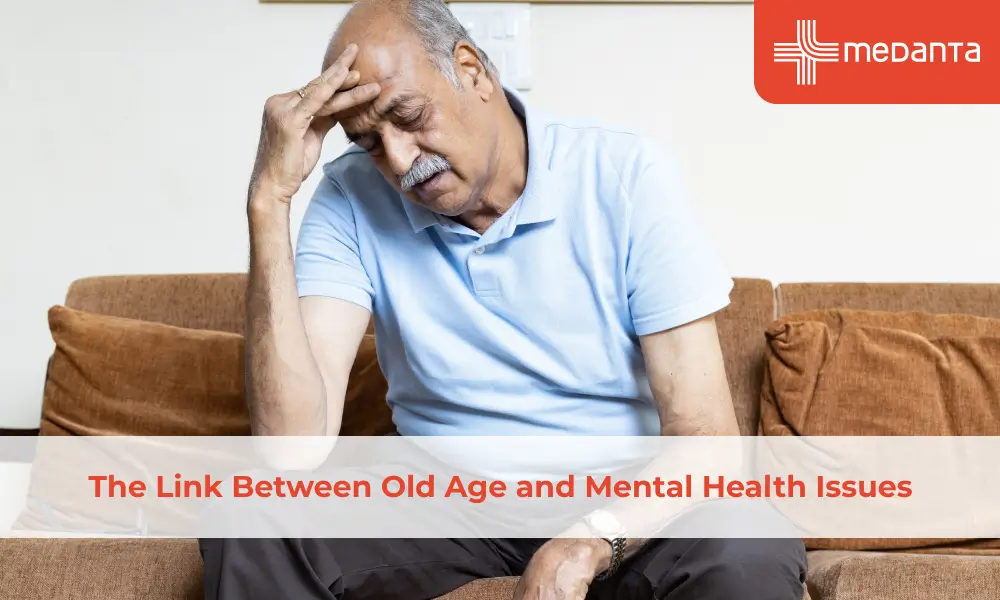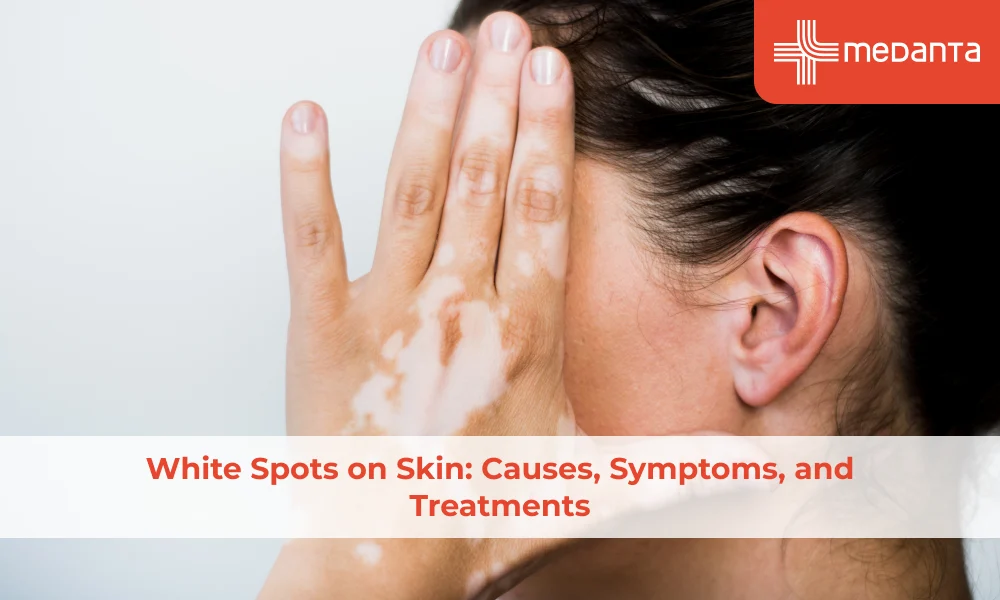The Link Between Old Age and Mental Health Issues

Mental health problems can be daunting at any age and no one should have to suffer in silence or feel like they are going to be judged for their problems. People often believe that mental health issues get worse with age, however, in reality, this is not necessarily true.
While there are some conditions that the elderly are more prone to, the fact is that psychological or psychiatric conditions can manifest at any age and the key to dealing with them is early diagnosis and effective treatment.
If you are in your mid or late sixties, or older, and if you have been struggling with emotional or behavioural issues lately, it could be possible that you’re going through some age-related troubles. But, it is also very likely that you’re simply reacting to an overwhelming situation in your personal life. Either way, seek help. Don’t feel ashamed to admit that you’re having difficulty coping; talk to your family and loved ones about your struggles and decide how you can get help.
According to the World Health Organisation, dementia and depression are the most prevalent mental and neurological conditions in the elderly, and they affect 5% and 7% of the world’s older population, respectively. Furthermore, anxiety disorders are found in 3.8% of the older population, followed by substance use problems at 1%.
This is a summary of the most prevalent mental health problems among the elderly:
-
Dementia and Old Age

Dementia is a progressive syndrome which leads to a deterioration of thinking, memory and behaviour, including the ability to perform routine activities. The WHO rightly points out that this is not necessarily a normal part of ageing, rather it is more likely to occur in the elderly. The prevalence rates are 50 million people worldwide and the projection is that the incidence will increase to 82 million by 2030 and 152 million in 2050.
Some of the causes of dementia have been identified as:
-
Alzheimer’s: the most common cause of dementia is a progressive brain disease that leads to various cognitive impairments that worsen over time.
-
Chronic high blood pressure, blood vessel disease or stroke.
-
Parkinson’s disease, in severe and advanced stages.
-
Huntington’s disease: a genetic disorder signalled by mental dysfunction, altered personality, psychosis, and movement disturbance.
-
Creutzfeldt-Jakob disease: a viral infection that leads to rapid and progressive dementia.
-
-
It is important not to confuse dementia with other potential medical conditions such as side effects or reactions to certain medications, the fallout of poor eating habits, the lack of oxygen resulting from a lung disease or lack of blood flow to the brain resulting from heart failure.
Also, the symptoms of diseases related to the adrenal, thyroid, pituitary or other glands may also mimic the symptoms of dementia since these regulate memory, perception, emotions and thought processes. Understanding the underlying condition is essential in getting the right treatment; assessment by a medical professional plays a crucial role in this and should not be ignored. -
Depression and Old Age

Depression is one of those conditions that is often taken for granted because it is easily misunderstood as general tiredness, the result of having a bad day or experiencing a negative phase. The reality is that it is a debilitating mental health disorder that occurs in 7% of the older population, according to the WHO.
Depression in the elderly, commonly referred to as geriatric depression, may mirror the symptoms of a general depression diagnosis for any age group, and because the symptoms occur in conjunction with other illnesses, the disorder may go undiagnosed and untreated.
Types of depression vary and include major depression, persistent depressive disorder, bipolar disorder or seasonal affective disorder. Some of the common signs of depression to look out for are a persistent sad or anxious mood, feelings of worthlessness, helplessness or hopelessness, decreased energy, constant fatigue, irritability and loss of interest in pleasurable activities. It is worth noting that these feelings can occur in a person but not classify as depression; what sets the diagnosis apart is a severe constant episode of the above symptoms that significantly interfere with daily functioning.
Also, the extent of the symptoms may not meet the criteria of a full-blown depressive episode, leading doctors to assume that treatment is not imperative. In fact, caregivers or doctors may not even realise something is wrong because the common (yet faulty) assumption is that ‘feeling blue’ is a part of ageing. If you or your loved one are going through a difficult time and depressive feelings are interfering with day-to-day functioning, it’s time to consult a specialist.
-
Anxiety Disorders and Old Age

A study cited in the International Journal of Geriatric Psychiatry reported that older adults might exhibit symptoms of anxiety that may not warrant a diagnosis of an anxiety disorder but have a real impact on their ability to function normally. Generalised Anxiety Disorder and Specific Phobias are the most prevalent anxiety disorders, with social phobias, panic disorders, post-traumatic stress disorder (PTSD) and obsessive-compulsive disorder (OCD) being less common.
The key defining feature of an anxiety disorder is a constant, excessive worry about everyday events and issues which should not cause such severe uneasiness. Although it is normal for the elderly to worry about health problems and financial affairs, a constant state of worry is cause for concern. Medication and therapy can be very effective in helping the elderly cope with anxiety and an effective treatment plan is instrumental in improving the quality of life.
Whether you have been diagnosed with a mental health illness, or you’re struggling with symptoms that are difficult and affecting your ability to function normally, do not hesitate to seek assistance.





